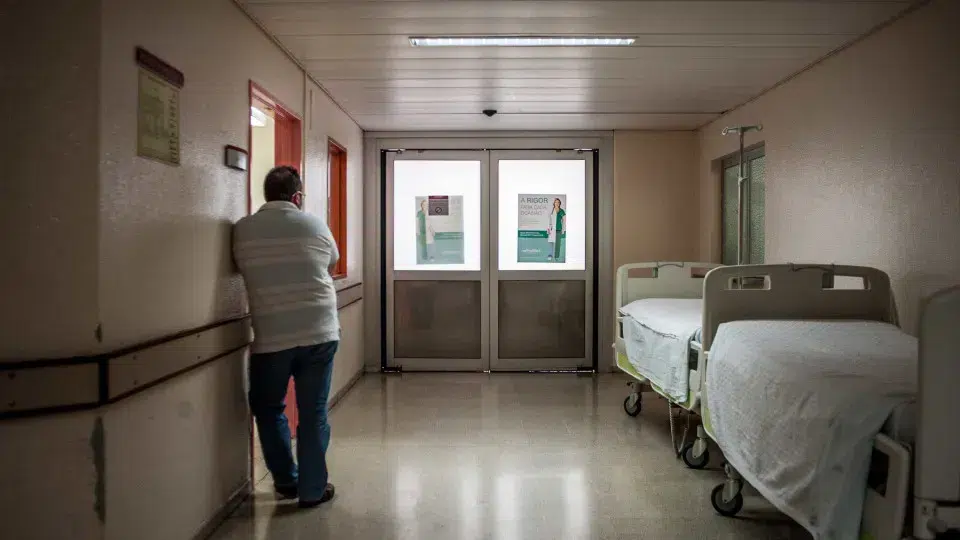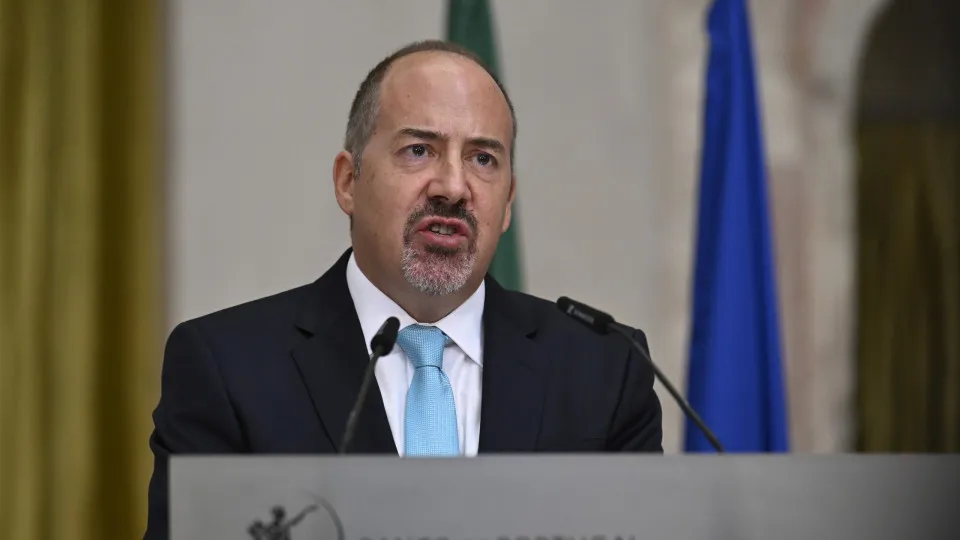
The president of ANCC, José Bourdain, stated that the units continue to be underfunded, citing data from the Faculty of Economics at the University of Porto, and that the increases in payments from the state this year “are not enough to cover expenses”.
He highlighted that the units managed to save by buying subsidized medicines at pharmacies instead of directly from pharmaceutical companies, but this saving was only 3%, “far from the 8% and 16% that the Government previously announced”.
“This figure is far from what the Government claims, without accurate calculations, without knowing the reality. In fact, 3% will not make a difference in the day-to-day activities of the continued care units,” he stated.
Data accessed by Lusa indicate that this year at least four units (three in the North and one in Alentejo) have terminated contracts, totaling 110 beds (87 in Long-Term and Maintenance Units — with stays over 90 days — and 23 in Medium-Term and Rehabilitation Units — between 30 and 90 days).
A study from the Faculty of Economics at the University of Porto, released in September, indicated that continued care units had a deficit of around 125,000 euros per institution in 2024, with experts warning about the risk of more unit closures due to underfunding.
“In long-term units, the average daily loss is 11.92 euros. There are worse units and some less affected. And the average is 8.97 euros per day, per person, [in medium-term units]. So, we’re talking about more than 300 euros per month for long-term care,” explained José Bourdain, acknowledging that with these figures, more units may terminate contracts without the association’s knowledge.
Given the assessment, experts from the Faculty of Economics at the University of Porto proposed a new formula for the annual update of prices paid by the state, which autonomously considers two factors: the impact of the national minimum wage adjustment and expected inflation.
José Bourdain also noted that the PRR “was a fiasco” — the Government proposed in September to reallocate 138 million for continued care, now allowing renovations in addition to new beds — and questioned: “what’s the point of funding new beds that are already known to be underfunded and may have to close later?”.
He said that “surely more than 100 million will be lost” and insisted: “Soon, we’ll have the National Health Service collapsing due to various issues, particularly the lack of response from hospitals for truly urgent patients, as they cannot cater due to beds being occupied by patients who have already been discharged and should be in continued care or nursing homes.”
ANCC data indicates that in the last five years, at least 417 beds have closed in the National Network of Integrated Continued Care.




